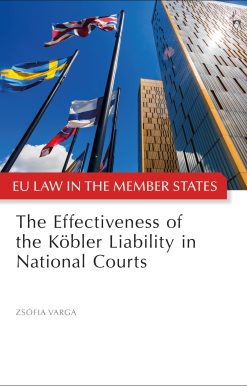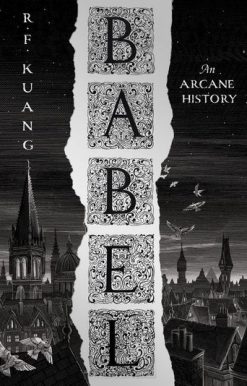Russian Vocabulary Course New Edition (Learn Russian with the Michel Thomas Method): Intermediate Russian Audio Course
50.00 JOD
Please allow 2 – 5 weeks for delivery of this item
Only logged in customers who have purchased this product may leave a review.
Description
Additional information
| Weight | 0.152 kg |
|---|---|
| Dimensions | 1.1 × 15.8 × 23.5 cm |
| by | |
| Format | CD-Audio |
| Language | |
| Publisher | |
| Year Published | 2019-6-27 |
| Imprint | |
| Publication City/Country | London, United Kingdom |
| ISBN 10 | 1529319609 |
| Other text | The original no-books, no-homework, no-memorizing course that gets you speaking and understanding Russian in weeks, not years. The revolutionary, stress-free Michel Thomas Method is in tune with the way the brain prefers to receive, store and retrieve information. It has helped over 5 million people learn a language. |
| Table Of Content | : Ways of forming the plural of nouns: Adjectives with various endings: forming adjectives from English cognates and Russian roots: More short adjectives (noun-like endings): 'You are right', 'I will do it myself': Describing things/places: 'What/what kind of city is it?': Giving directions: 'Go to the right/left/straight on': Endings/suffixes to form nouns: -tura, -nik, (sputnik), -nost (glasnost), etc.: The meaning of prefixes used for forming nouns and verbs: po- with verbs = to do a little/for a while (to read for a while – pochitat'); v – in, into; vy – out, out of; pere- (perestroika) = re-, over, etc.: Families of words formed from the same root: prav, chas, etc.: Various prepositions: v – in/into; na – on/onto; k – towards/in the direction of; po – along, according to; s – with, etc.: Expressing one's need, interest, wish: 'I need a car with an air conditioner', 'The director needs a good secretary': Giving/asking for advice: 'I advise / recommend you to buy this': Buying / paying for things: 'How much is this?': Passive constructions: 'I was told/given/shown', 'Where is … sold?', 'How is it spelled/read?' 'as they say …': 'In order to … (know /understand, etc.)': 'I want you to do this': Time expressions: always, often, usually, as usual, just, temporarily: Food: 'I don't eat meat', 'tea with milk', etc: Likes and dislikes: 'I like pizza'/ I like the pizza': Colours: Days of the week (+ user guide): 'I don't work on Saturday': Months (+ user guide): 'in May': Countries (+ the user guide): Subjects: 'I'm studying history': Transport: 'We are going by car': Going verbs: 'I am going to the cinema / I often go to the cinema': Visiting places: 'We are going to Moscow', 'an excursion around the city', etc.: Visiting people: 'I will come to see you (come to you) tomorrow': There is something somewhere: 'Is there a shower in the room?': The only two irregular verbs: to eat, to give: Reflexive verbs: to like, to meet, to close: Figurative use of verbs: 'Time will show', 'This blouse suits you', etc.: Communicating: 'I spoke with you on the phone', 'I will write (to) you an e-mail': Health/parts of the body: 'I have a headache': Many new nouns, adjectives, adverbs and verbs will be taught including both cognates and those of Russian origin. We are going to use various mnemonics, such as images and short rhymes, to help to memorise the new words. |





Reviews
There are no reviews yet.